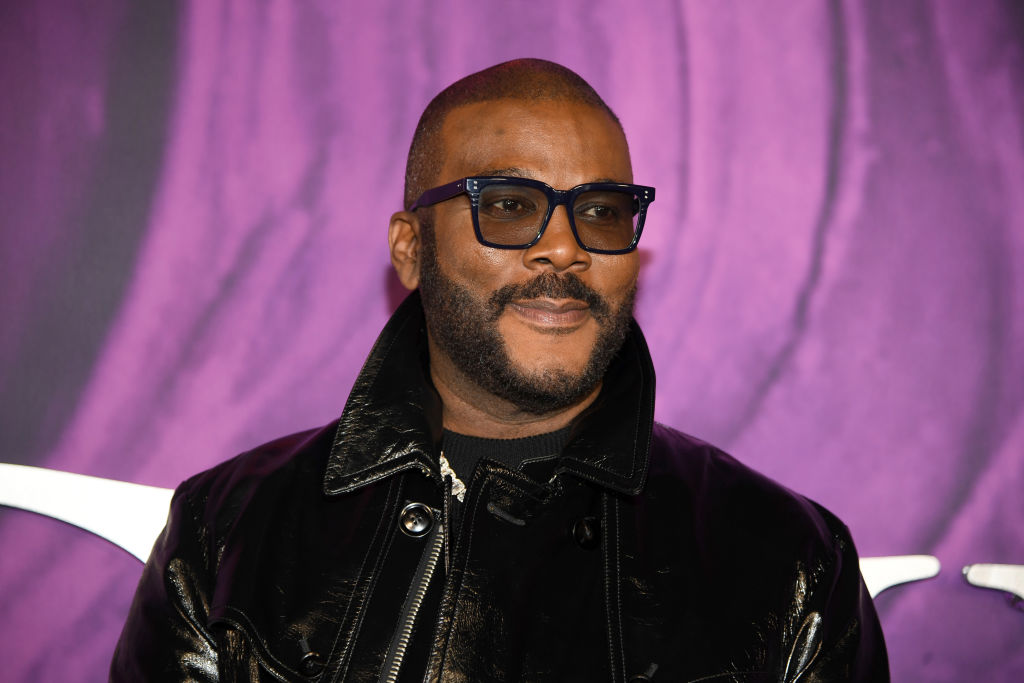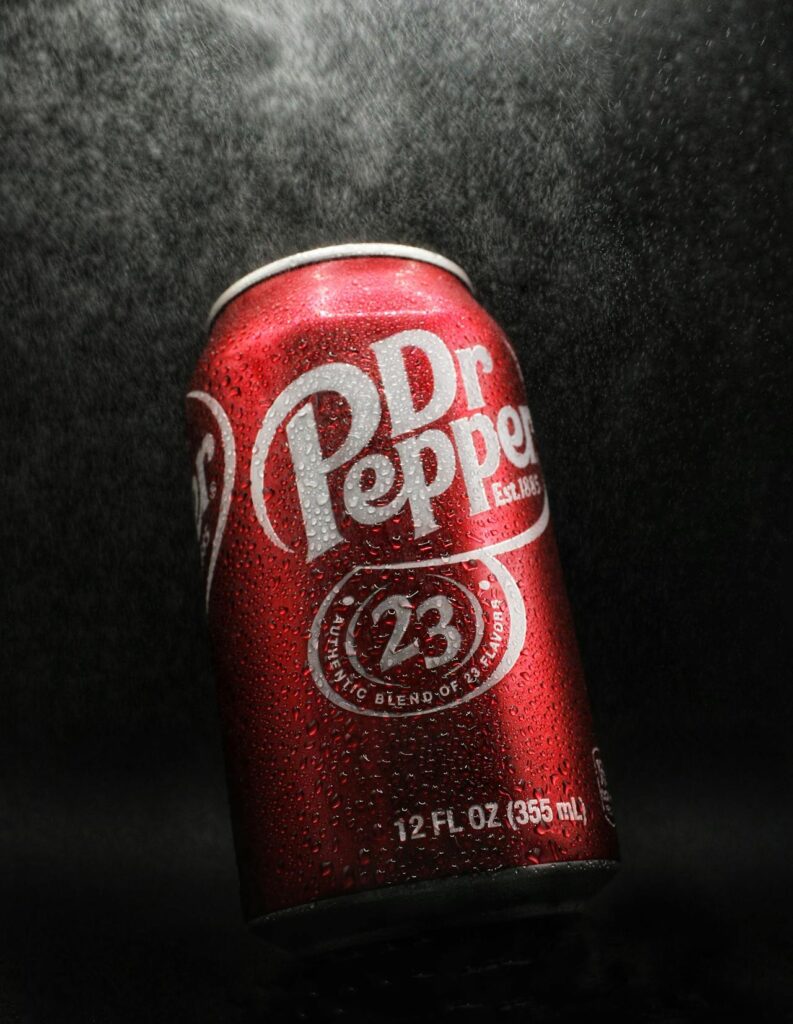
Tyler Perry is not here for any criticism about his films.
The media mogul spoke out against those who find fault with his movies and his filmmaking process during a recent appearance on the “Baby, This Is Keke Palmer” podcast. Critics, including comedian and TV personality Loni Love, have called out Perry for previously refusing to employ a Black writing staff, instead choosing to write, direct, and produce his projects himself.
“I know for a fact that what I’m doing is exactly what I’m supposed to be doing,” Perry said. “Because for everyone who is a critic, I have thousands of — used to be — emails from people saying, ‘This changed my life. Oh my God, you know me. Oh my God, you saw me. How did you know this about my life and my family?’ So that is what is important.”
[embedded content]
Perry added that he learned long ago to ignore criticism about his movies, stressing that his films are enjoyed by “a large portion of my fans” who are “disenfranchised.” His comments come after his latest film, “Divorce in the Black,” earned a rare 0% on Rotten Tomatoes, according to Screen Rant.
“[The movies are for fans] who cannot get in the Volvo and go to therapy on the weekend,” he shared. “So, you’ve got this highbrow Negro who is all up in the air with his nose up looking at everything, and then you got people like where I come from, and me, who are grinders, who really know what it’s like, whose mothers were caregivers for white kids, and were maids, housekeepers…beauticians. Don’t discount these people and say that their stories don’t matter. Who are you to be able to say which Black story is important or should be told? Get out of here with that bulls–t.”
Recommended Stories
Perry went on to address claims that he does not employ a writing staff, revealing that he “brought in writers rooms” on his sitcoms and television shows “over the last two years.”
“I’ve trained enough young directors to be able to understand how to edit and shoot. So they’re able to do a huge page count like I can. I’ve trained them how to watch for waste and time, but it’s very important to know when to let go,” he told Palmer.





